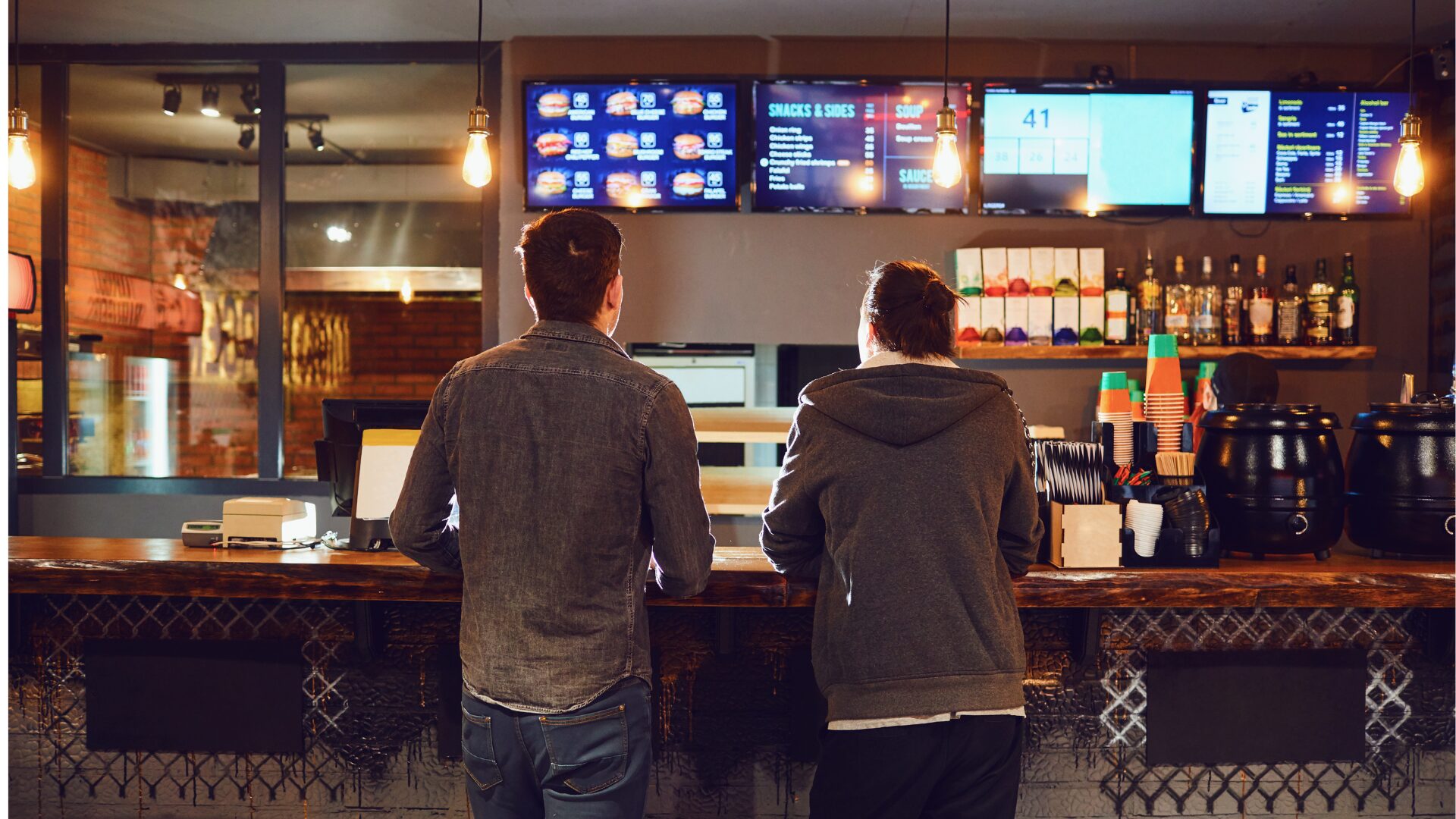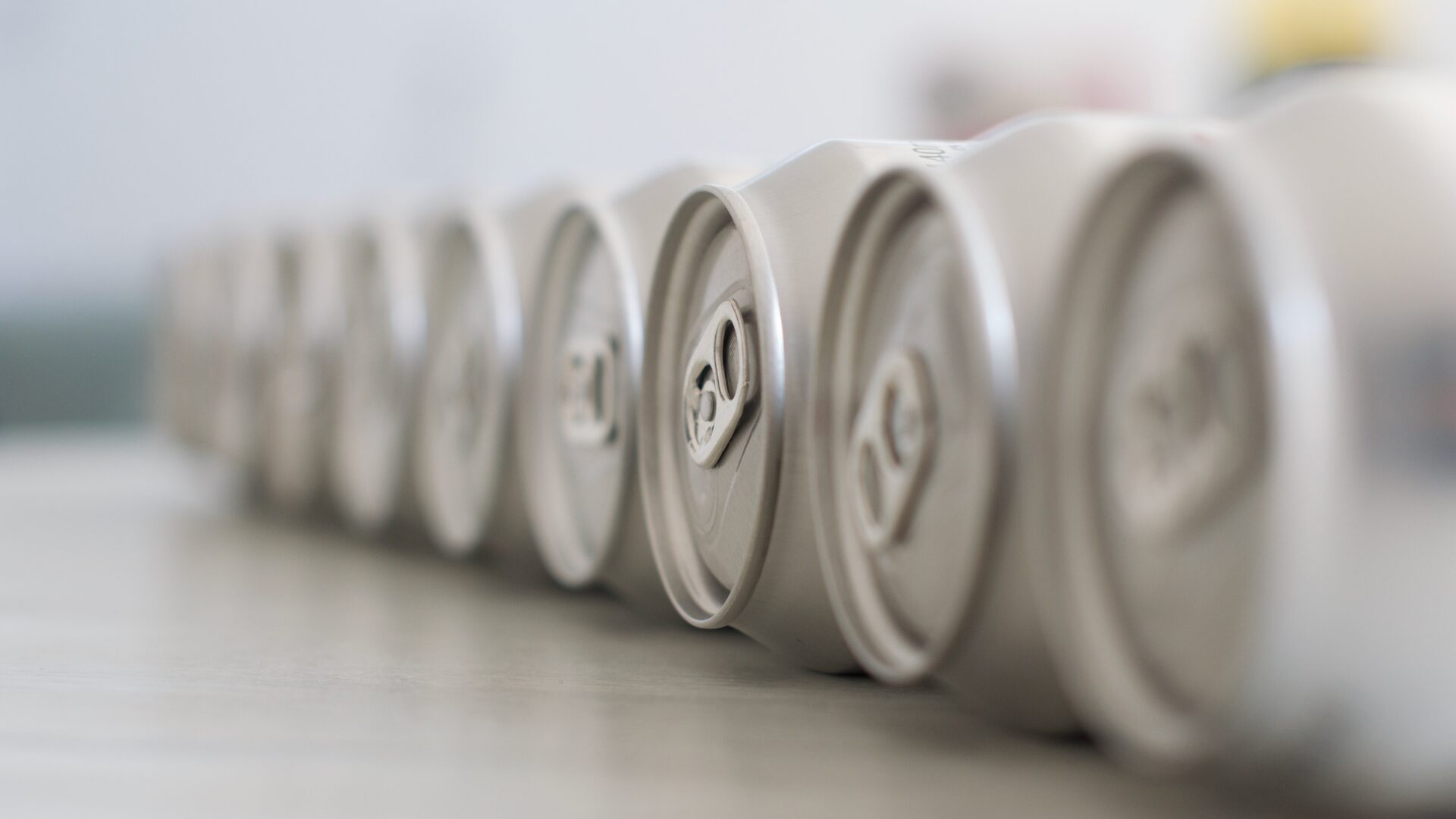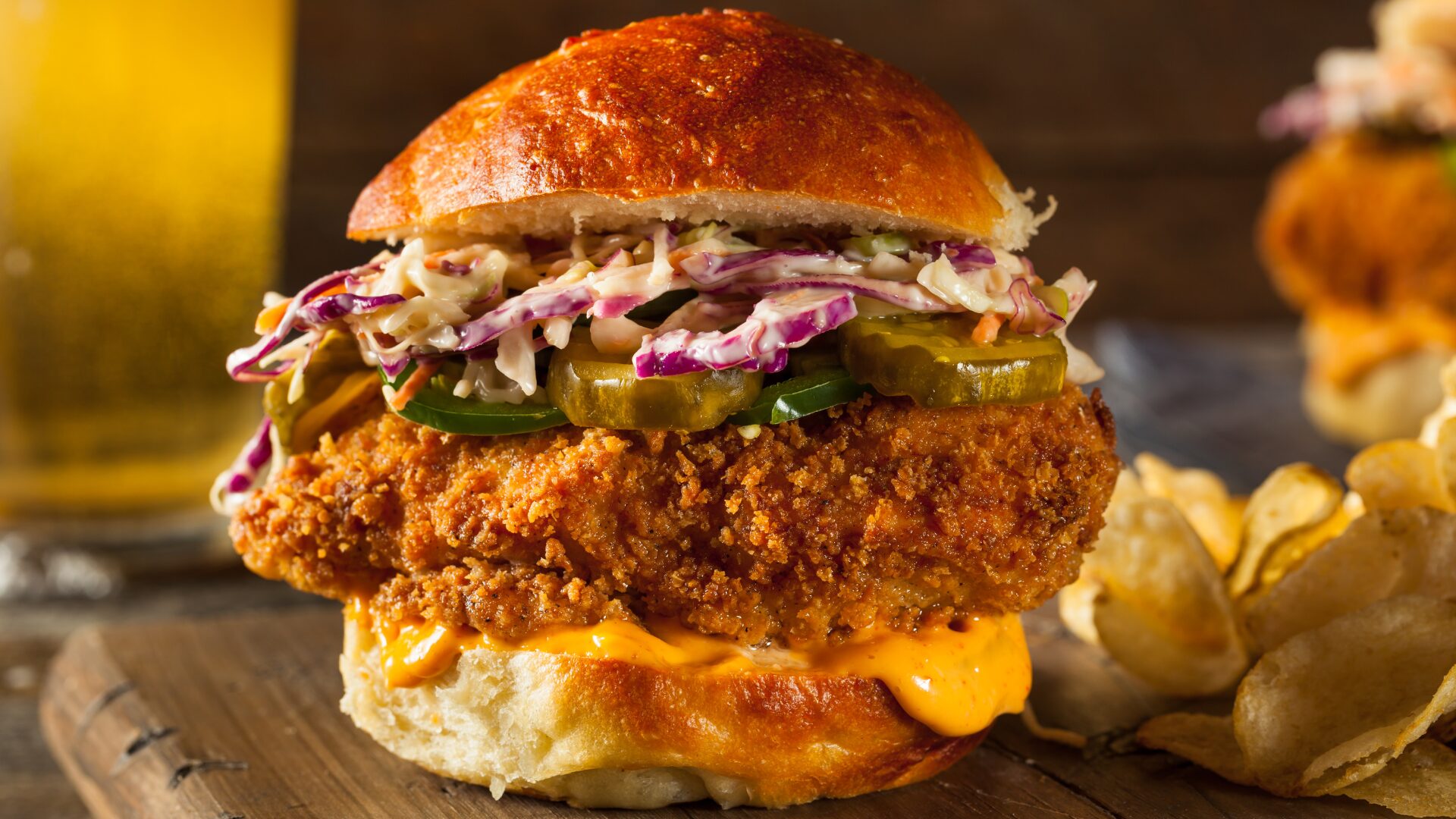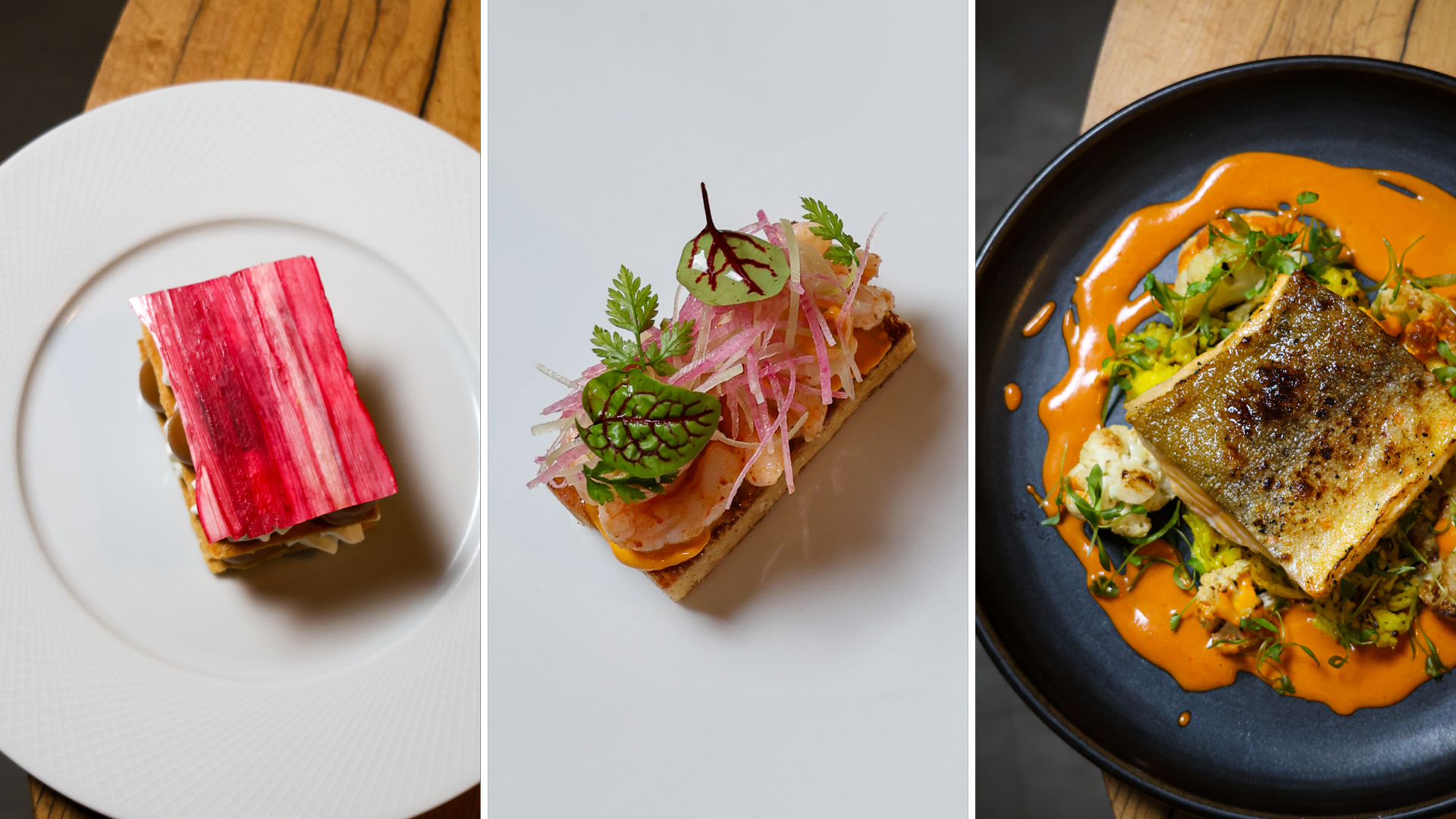Across the nation, mayors of cities and governors of states are restricting hours for businesses in an effort to tamp down on a rising trend of COVID-19 infections.
The legislation was not unwarranted. With the CDC reporting 151,855 new COVID-19 cases in the country on Nov. 17 alone, the total number of cases in the U.S. has surged to about 11.1 million.
California Gov. Gavin Newsom and Iowa Gov. Kim Reynolds were among the latest government leaders to issue lockdown orders due to the virus. Most of California’s larger counties were moved back into the most restrictive reopening tier, meaning that indoor dining and some other businesses would have to shut down again. In Iowa, restaurants and bars were ordered to close at 10 p.m., with a 15-person cap on indoor gatherings and 30-person cap outdoors, reported The New York Times (Nov. 17).
In Today in Food, the Food Institute also tracked shutdown orders in many states, including North Dakota, Washington, Oregon, New Jersey, New York, Illinois, and Michigan. Philadelphia and Chicago were among the cities ramping up protective efforts, as well. This news was likely not welcome among restaurant industry professionals across the country.
For an industry suffering more than most during the pandemic, many looked to their legislators for help. As an example, the Independent Restaurant Alliance of Oregon petitioned the state to provide various relief measures, including COVID-19 testing, financial assistance, and clearance to sell to-go cocktails. About 300 Oregon-based restaurant and bar industry members signed a letter to Gov. Kate Brown after shutdown measures were enacted, reported The Oregonian (Nov. 16).
“Our businesses don’t operate like hardware stores,” the letter read. “We can’t just flip a switch and walk away. Each time we close we lose perishable inventory and we have to maintain payroll to properly shut down the business… And right now, we need immediate financial assistance from the State of Oregon. Without it our industry will perish.”
The financial impact of remaining open were apparent, too. The NYC Department of Transportation (DOT) began adding more restrictions to outdoor dining as winter approaches. New regulations require restaurants to retrofit their curbside outdoor dining setups with more safety features including heavy filler material, more reflective strips, and brightly-colored snow sticks, among other stipulations, reported Eater (Nov. 16).
The International Foodservice Distributors Association (IFDA) was one of the voices calling for greater federal assistance, arguing that restrictions on the industry were particularly untimely during the holiday season.
IFDA President and CEO Mark Allen noted the organization was disheartened by a lack of progress on a second stimulus package, noting Congress and the Administration should know how much revenue generation could be lost during the holidays due to the lockdowns.
“It appears that little effort is being made to protect and assist these small businesses just as they would otherwise be making much-needed income at the end of the year. Another round of restaurant closures and restrictions are devastating to the industry that was just beginning to rebound. Also, while the pandemic continues, the winter months, which will greatly impact outdoor dining, are likely to hurt worse than any in recent memory,” he said.
The National Restaurant Association (NRA) also joined the fray, and sent a letter to the National Governors Association claiming there is no scientific evidence linking restaurants to the increase in COVID-19 cases and urging them to consider policies and regulations that will enable the industry to safely serve their communities for the duration of the pandemic. The letter noted that restaurants have enhanced FDA Food Code practices, while restaurants have updated floorplans to ensure social distancing of at least six feet between guests while in a restaurant.
“There is an unfounded impression that restaurants are part of the problem, and we are suffering as a result of inconsistent, restrictive mandates,” said Tom Bené, NRA’s President and CEO. “Data tying systemic community outbreaks of COVID-19 to restaurants has yet to emerge, but we are too commonly labelled as ‘super-spreaders,’ and have become a convenient scapegoat for reflexive shutdowns.”
The lockdowns also came at a time of recovery for the industry. Although October represented the best month for same-store sales growth in the restaurant industry since February, the recovery seemed to slow due to fears of a coming second wave of COVID-19, according to Black Box Guest Intelligence. Guest sentiment was more positive year-over-year during October based on restaurant food and service, according to a separate Black Box report.












